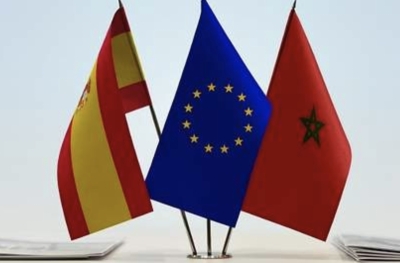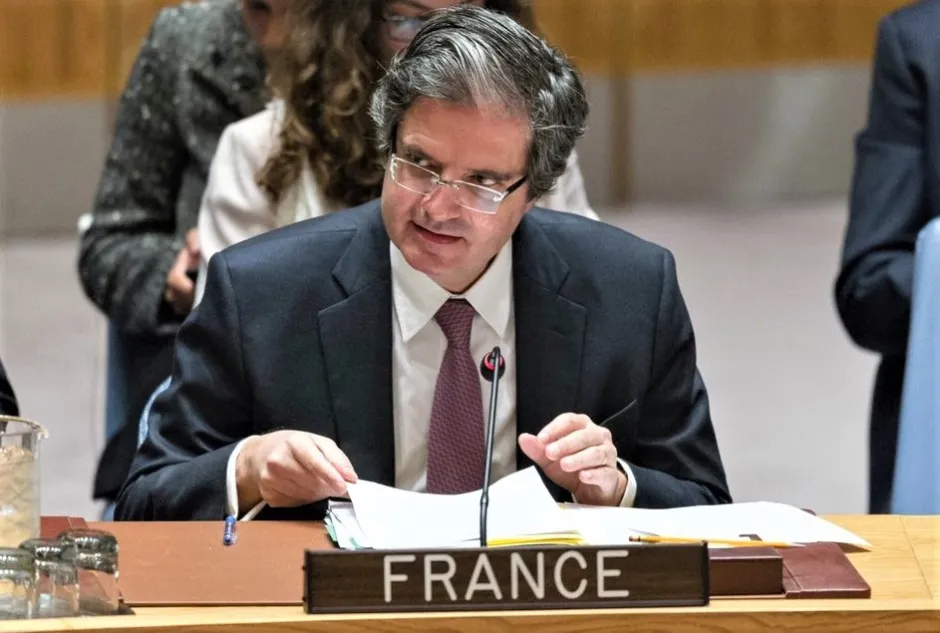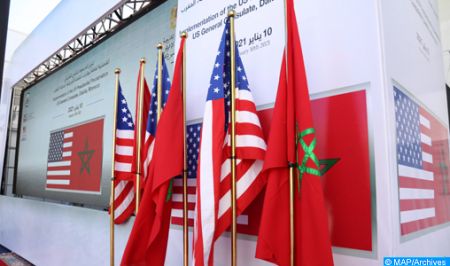The European Union has decided to increase its aid to Morocco for struggle against illegal immigration by 50%, granting the North African Kingdom €500 million, according to Spanish daily El País.
This aid, covering the period up to 2027, is double that of the previous period that amounted to €343 million. According to a EU high ranking source quoted by the Spanish newspaper, the amount of this aid reflects the significant degree of cooperation that exists between the European Union and Morocco, a leading partner in the fight against irregular immigration and human trafficking from North Africa.
This new aid reflects the growing role of Morocco as a “very important” partner, not only for Spain or France, but for the entire European Union, the source said, adding that “this amount gives an idea of the degree of Brussels’ ambition, which deflects Spain’s fears that the union may neglect the region south of the EU.”
The Spanish newspaper highlighted that this aid, which falls within the framework of the “European Neighborhood, Development and International Cooperation Instrument” program, will enter into force next fall.
The funds will be spent on improving border control infrastructure, resources, investigations between cross-border authorities and a campaign to raise awareness of the dangers of illegal immigration.
Much of the investment in resources and infrastructure is expected to be in maritime surveillance. Morocco employs small patrol vessels, as well as surveillance drones that can give warning if suspicious vessels are detected.
Spain has been advocating for further financial aid in favor of Morocco, which has been facing pressure as both a transit and a destination country for hundreds of irregular migrants.
In addition to Spain, other members of the EU Parliament have been calling on the EU to support the human migration policy of Morocco, describing the North African country as a “credible and reliable” partner in the fight against irregular networks.
Several political and European groups have also argued in favor of increasing this aid to Morocco.
According to the Spanish daily, besides Morocco, a group of other African countries, including Gambia, Senegal and Mauritania, were cited as potential beneficiaries of the EU financial aid to reinforce anti irregular migration mechanisms. The European Union has however excluded Algeria from this aid, El Pais said.
According to recent data released by the Spanish Ministry of the Interior, since the launch of a new phase in the security agreement between Madrid and Rabat, the rate of irregular migration on the Mediterranean and Atlantic coasts has fallen to record levels this summer.
The new phase in relations between Spain and Morocco began last April, with the historical change of the Spanish government’s position on the Moroccan Sahara.
According to data from the Ministry of the Interior, the total number of migrants arriving in Spain by land and sea has slightly increased, by 3.3% compared to 2021. However, an analysis of official statistics shows that the number of boats that reached the Spanish coast has decreased significantly. The Ministry of the Interior’s report indicated that 757 boats attempted to cross until the end of last month, compared to 968 the previous year, a decrease of 21.79 percent.
Official figures confirm that the number of migrants arriving on the peninsula and the Balearic Islands by sea decreased by 27.5 percent in the first seven months of the year compared to 2021 (from 7,292 people to 5,284 people) and the number of boats decreased by 21.9 percent.



